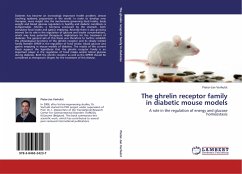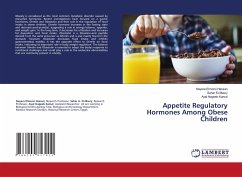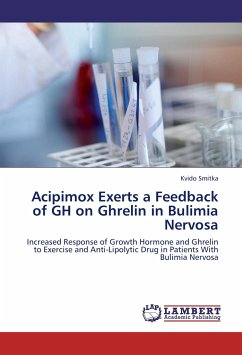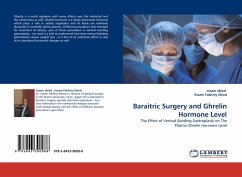Diabetes has become an increasingly important health problem, almost reaching epidemic proportions in the world. In order to develop new therapies, more insight into the mechanisms governing food intake, body weight and blood glucose regulation in healthy and diabetic conditions is indispensable. Ghrelin, a hormone produced by the stomach, both stimulates food intake and gastric emptying. Recently there is also growing interest for its role in the regulation of glucose and insulin concentrations, which may have potential therapeutic implications for the treatment of diabetes. The general aim of this thesis was therefore to further establish the physiological functions of the ghrelin receptor and its closely related family member GPR39 in the regulation of food intake, blood glucose and gastric emptying in mouse models of diabetes. The results of the current thesis support the hypothesis that the ghrelin receptor family is an important player in the regulation of food intake and/or blood glucose during diabetes. Both the ghrelin receptor as well as the GPR39 should be considered as therapeutic targets for the treatment of this disease.
Bitte wählen Sie Ihr Anliegen aus.
Rechnungen
Retourenschein anfordern
Bestellstatus
Storno








